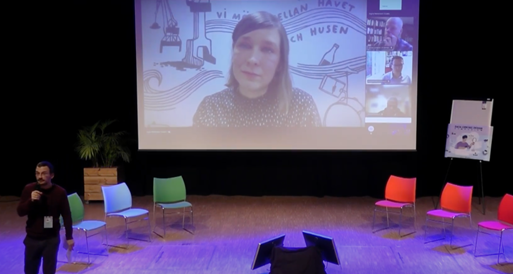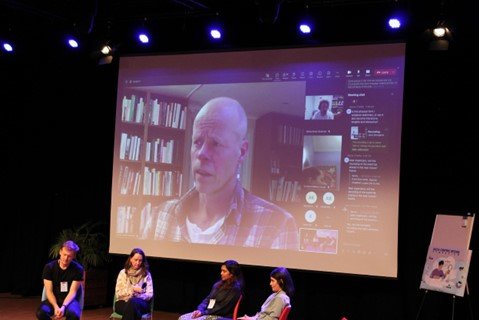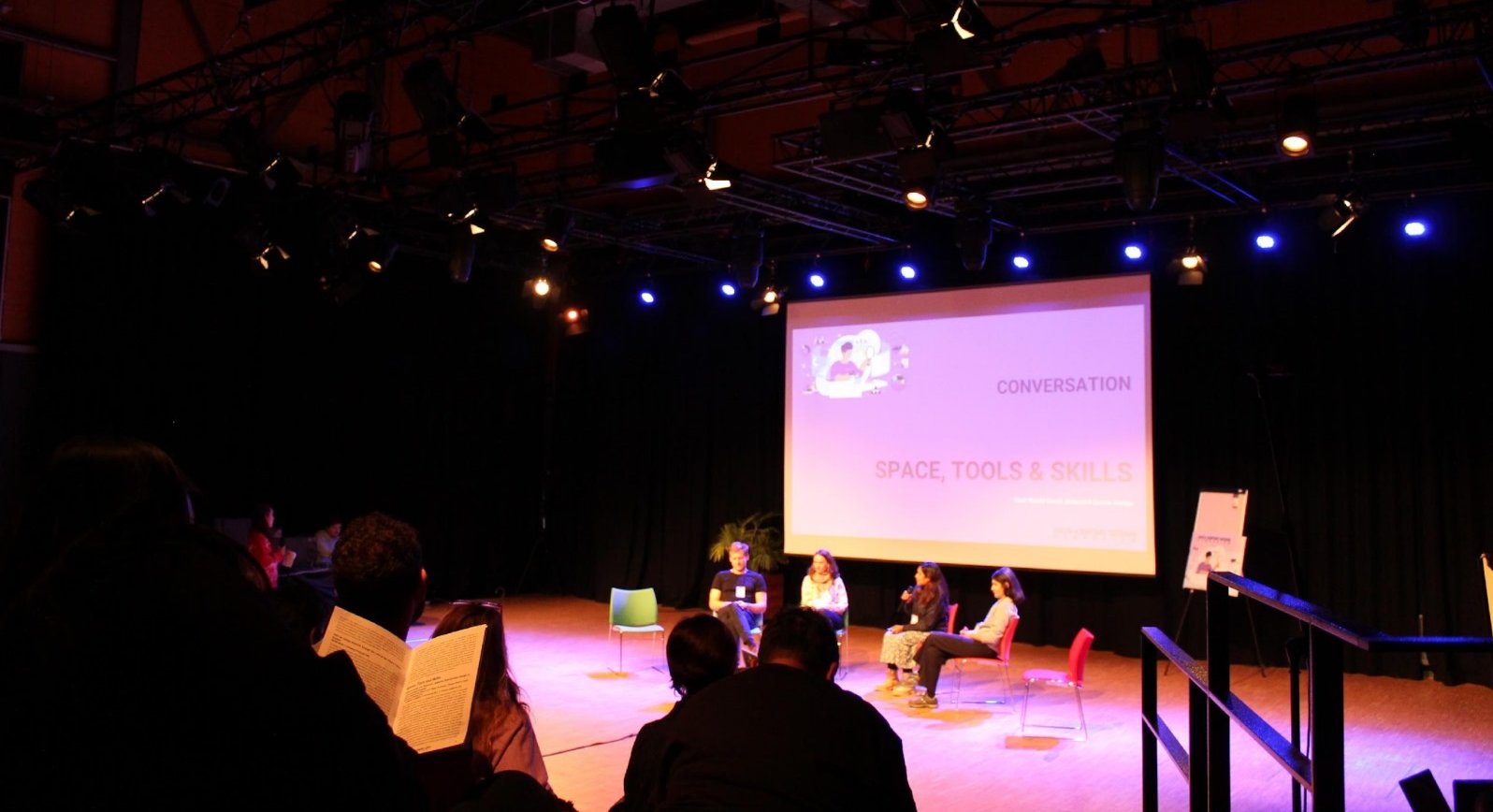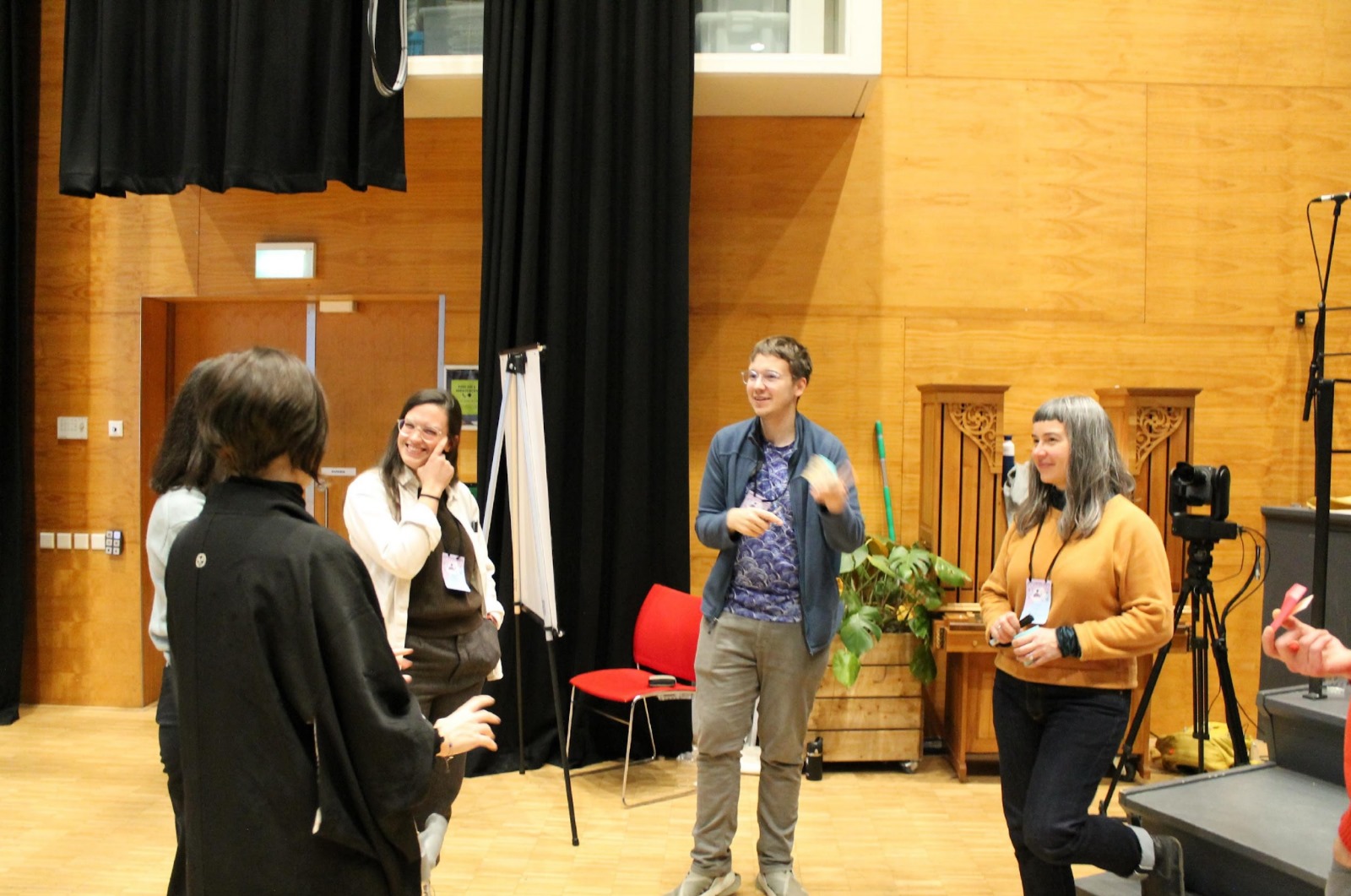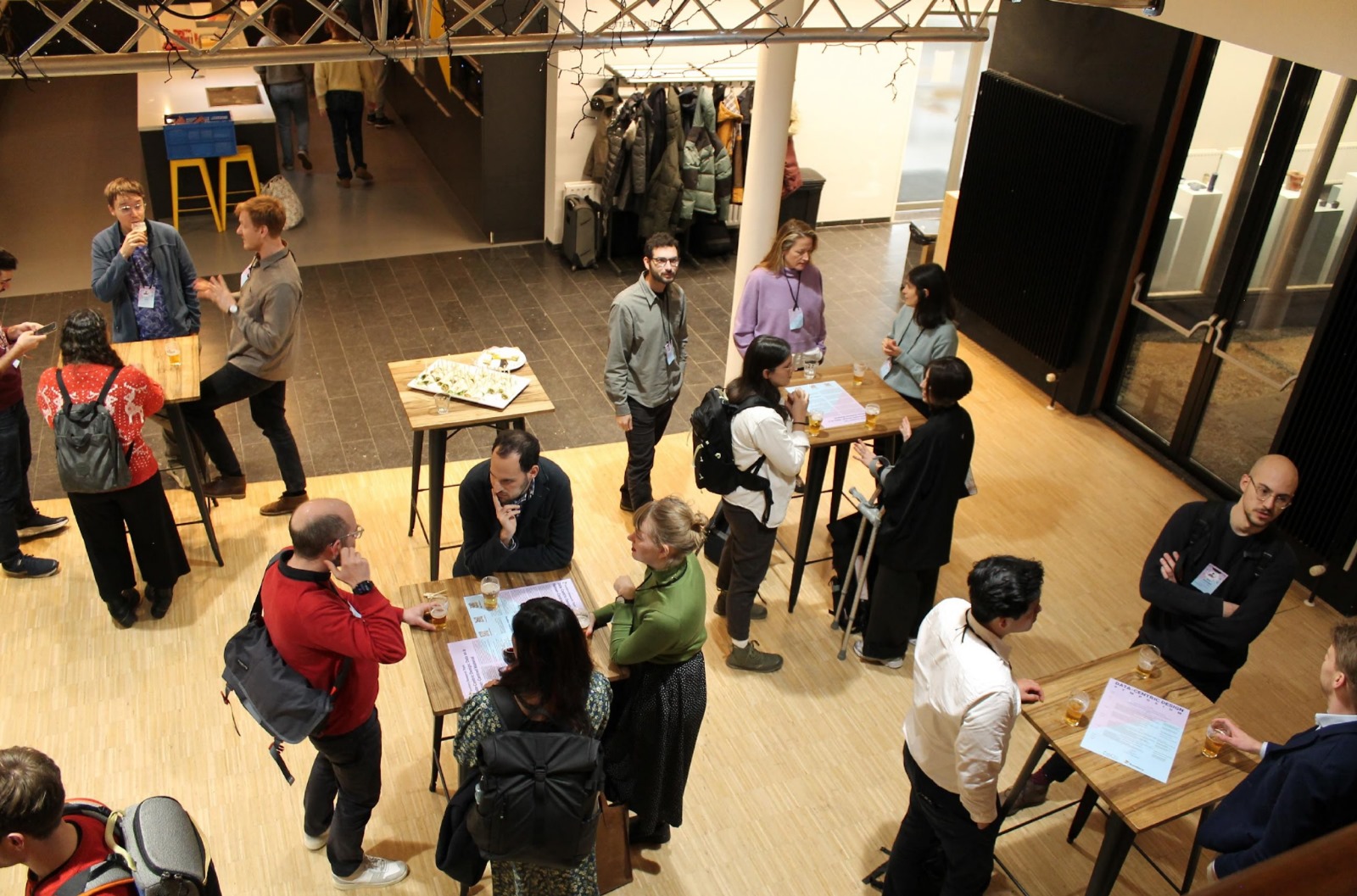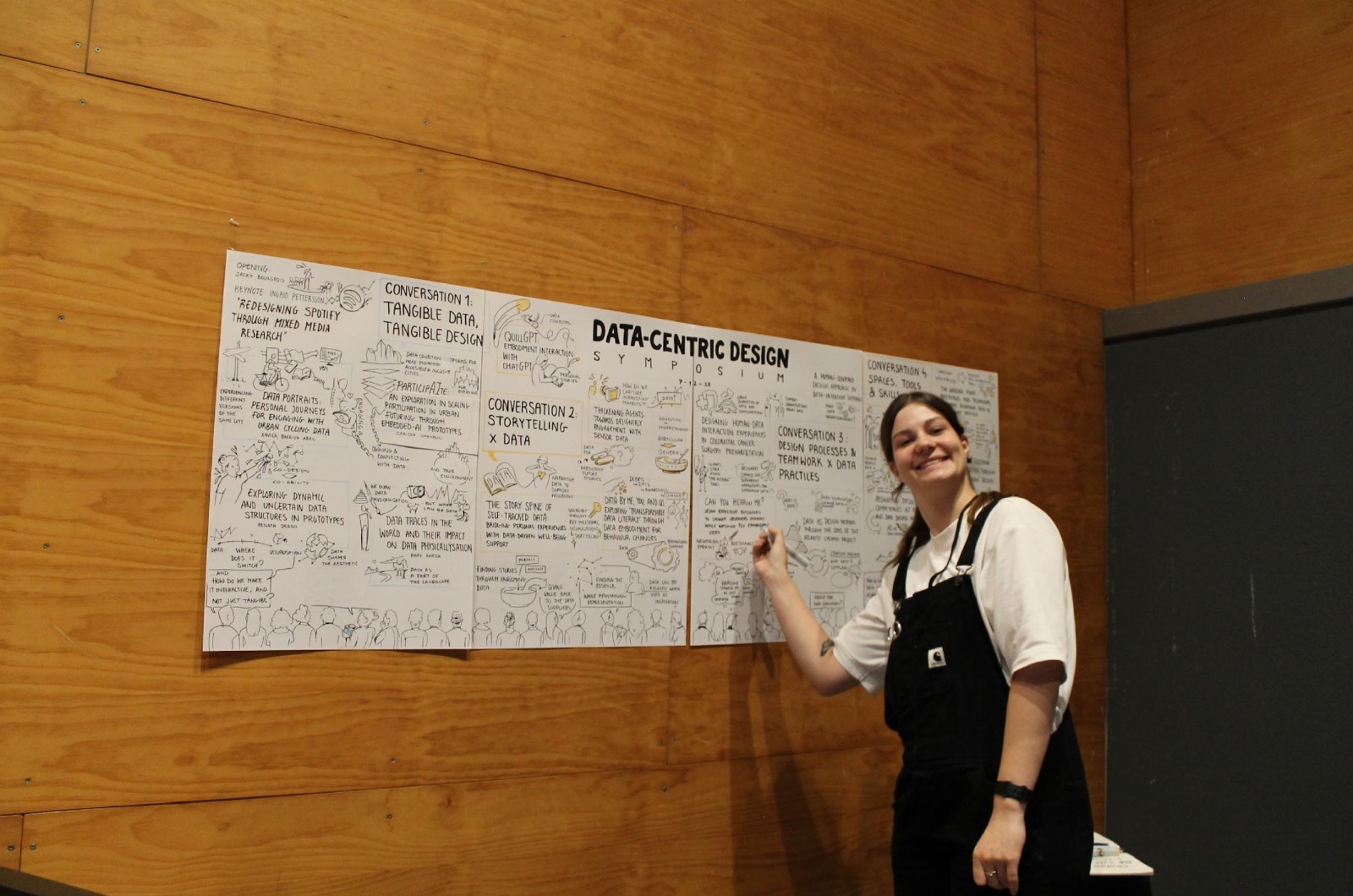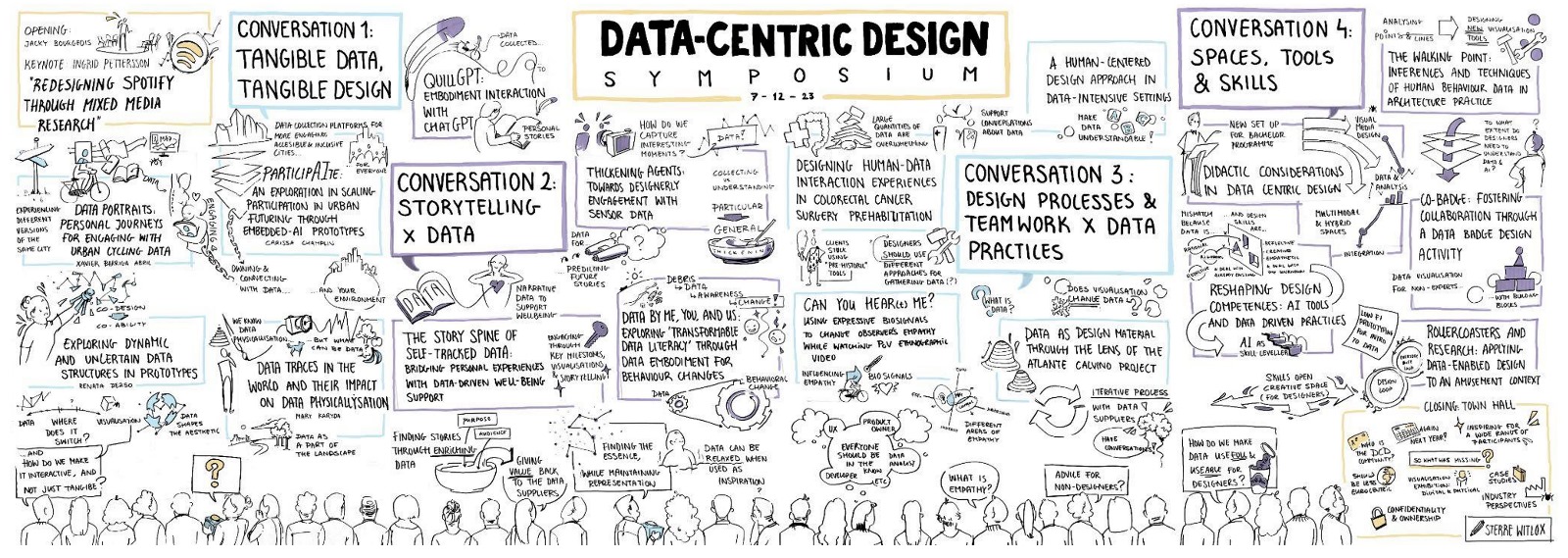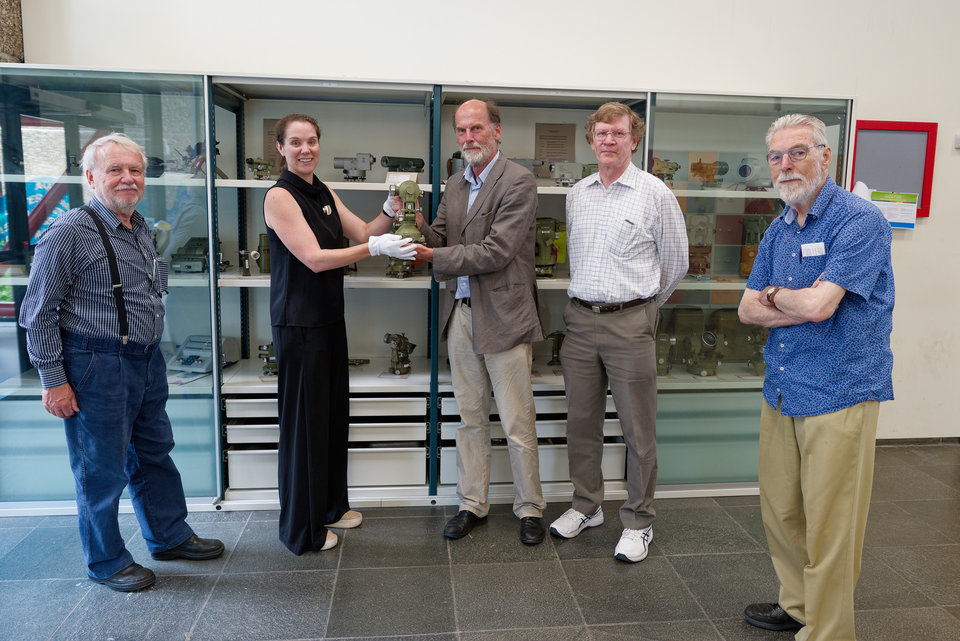Data by design, or designing by data? The Data-Centric Design Symposium
Enthusiastic researchers joined together for the Data-Centric Design (DCD) Symposium on Data as a Human-Centred Design material, held at X, the sports and culture centre of TU Delft this past month.
DCD where data is the very design material of a research project or process is especially useful when a project is intertwined with human dynamics, which can’t be analysed like simple equations. Data presents unique opportunities and challenges for design; practices have yet to emerge to understand how they transform the role and processes of researchers. The symposium aimed to strengthen the DCD community, and generate feedback and interest for the submissions of papers to Frontiers’ Research Topic on Data-Centric Design, which has a deadline on February 25th.
To kick off the day, we listened to Ingrid Petterson, user research manager at Spotify, Sweden, and veteran data scientist with more than 20 years experience, give her keynote address about the redesign of the Spotify app’s interface using quantitative and qualitative mixed methods. Allowing us a peek behind the curtain at how the music streaming giant utilises user data to enhance our in-app experiences, fittingly enough, just after many of us had posted our Spotify ‘Wrapped’ to our myriad social media profiles.
Ingrid Petterson presented from online, to the left is symposium host Jacky Bourgeois.
After the keynote followed a series of 4 ‘Conversations’, all centred around different sub-areas of DCD:
Tangible Data, Tangible Design featured projects that aimed to physicalise, or study the physicalisation of data. For example, the researcher Xavier Barriga Abril presented work exploring his personal connection with the city through the lens of data. By meticulously documenting and mapping their significant bicycle routes, he constructed a personalised, data-driven map.
Storytelling x Data, where the projects sought to give narrative to raw data. For example the work of our host Jacky Bourgeois and his colleagues. Their research explores "Narrative Visualisation," a method merging storytelling with data visualisation to provide a comprehensive view of self-tracking data.
Design Processes & Team Work x Data Practices, where projects were meta studies of design processes and practices themselves, that utilised data. For example the work of one of IDE’s own PHD candidates, Wouter Meijer, and his colleagues. In this study, researchers explored the impact of incorporating "Expressive Biosignals" on observer empathy during Point-of-View video ethnography, a method used in human-computer interaction and design research.
Lastly, Spaces, Tools and Skills, showcased projects focused on human living arrangements, visual tools and skill uptake. For example the work of Sujithra Raviselvam and colleagues, which investigated the application of Data-Enabled Design (DED) outside healthcare, focusing on public spaces and entertainment. Through a workshop in collaboration with an amusement park, they looked at the challenges, successes, and future directions for using DED in open, semi-public contexts, offering insights for design researchers and emphasising supportive factors in collaboration with industry partners.
In contrast with the rather lengthy title of the symposium, research presenters shared bite-sized 5-minute presentations of their work, leaving ample time to receive questions afterward. Renata Deszo, senior researcher at Moholy-Nagy University of Art and Design in Budapest chimes in about her experience: “As a presenter it was challenging to present in 3 minutes, but there was a lot of space for conversation, which is very valuable, so I really enjoyed that.”
Subsequently, an interactive session was held in which attendees split up into groups and answered questions: What benefits does the DCD community provide? What is the future of DCD and its community? And what blind spots were perceived that could be improved at coming events? This group activity got everyone to put on their ‘meta’ thinking-caps and ponder about the goals of the symposium and how to strengthen and improve the DCD community.
After closing remarks, attendees were given the opportunity to break liquid bread, and deconstruct each other’s research in a more casual setting. Renata Deszo adds: “This symposium has been very, very useful to me, I understand much better even my own research and where I can take it, I also met with some colleagues who were very inspiring” she continues: “I think that because the symposium focuses on the discursive aspect more than the representative aspect, it’s generated some great connections''.
The symposium programme was initiated by the Data-Centric Design Lab of TU Delft Industrial Design Engineering in collaboration with TU Eindhoven Industrial Design, Cardiff University School of Computer Science and Informatics, and TU Chemnitz Chair Media Informatics.
Special thanks to organiser and host Jacky Bourgeois, and the rest of the team that made this event possible!
**If you'd like to know more about the DCD community and its events, or perhaps watch some of the presentations from the symposium, recordings can be found at this website.
